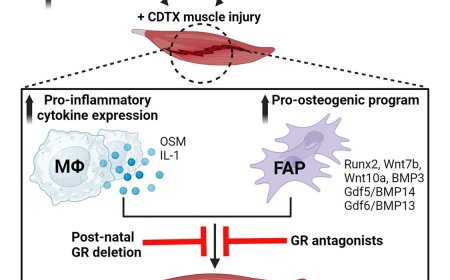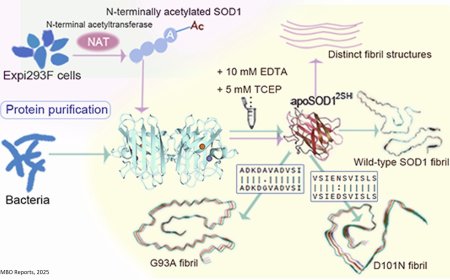Plant breeding using rhizosphere microbiome biodiversity

Characterizing the root microbiome in wild and domesticated plants and identifying beneficial bacteria and fungi that promote growth and confer resistance to diseases, pests, and abiotic stresses offers a promising path for crop improvement.
Key genes regulating the assembly and composition of the rhizosphere microbiome have been identified in plant genomes, influencing root morphology, metabolism, and exudates, nutrient uptake, and immune responses.
Allopolyploidization may have led to more diverse rhizosphere microbiomes and, hence, to a broader adaptation than the diploid progenitors.
Synthetic allopolyploids can serve as a novel genetic resource for breeding. Conservation of wild and domesticated plants and microbial genetic resources is required for the successful development of more resilient cropping systems.
https://www.cell.com/trends/plant-science/fulltext/S1360-1385(25)00103-7
https://sciencemission.com/rhizosphere-microbiome-biodiversity-in-plant-breeding













